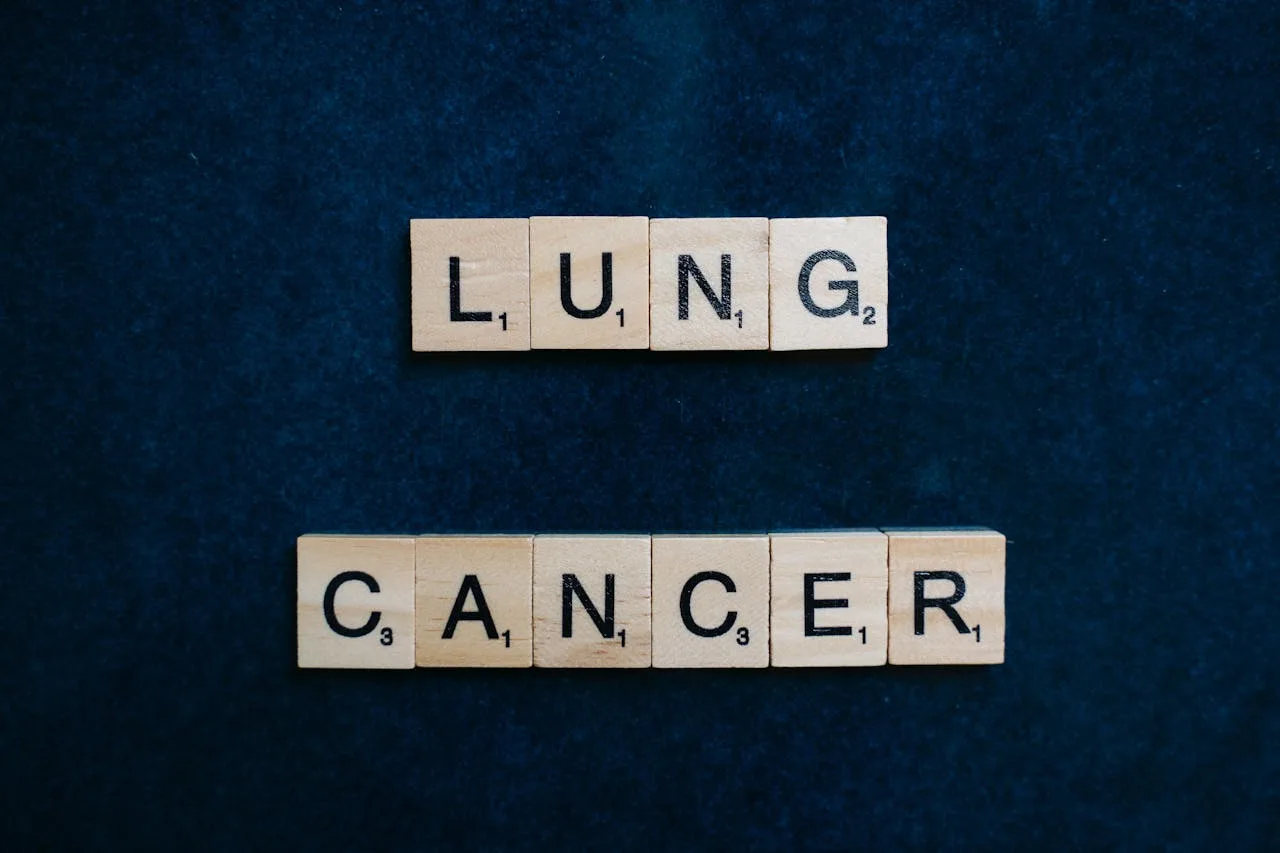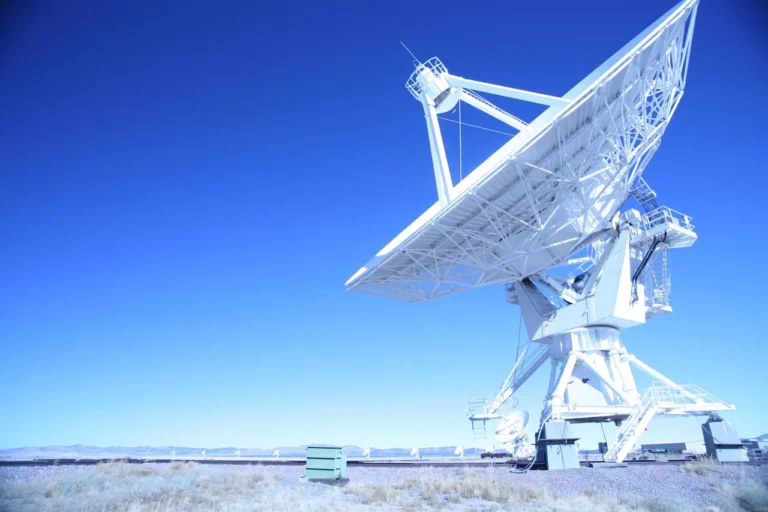Eikon Therapeutics, Inc., a late-stage clinical biopharmaceutical company focused on integrating advanced engineering with cutting-edge laboratory and in silico research to accelerate drug discovery, today announced that new data from its ongoing Phase 2 study of EIK1001 (TeLuRide-005) will be presented at the European Society for Medical Oncology (ESMO) Congress, taking place in Berlin, Germany, from October 17–21, 2025.
The presentation, titled “TeLuRide-005: Phase II study of EIK1001, a toll-like receptor 7/8 (TLR7/8) co-agonist with pembrolizumab (pembro) + chemotherapy (chemo) as first-line (1L) therapy in stage 4 non-small cell lung cancer (NSCLC)”, will be delivered by Richard J. Gralla, M.D., of Albert Einstein College of Medicine, during Mini Oral Session 2 (1850MO – NSCLC metastatic) on Monday, October 20 at 10:55 AM CEST.
Novel Immuno-Oncology Approach
“EIK1001 represents a unique approach to stimulating the immune system, and we are encouraged by its potential to improve outcomes for patients with advanced non-small cell lung cancer,” said Roy Baynes, M.D., Ph.D., Chief Medical Officer of Eikon Therapeutics. “By combining a systemically administered TLR7/8 co-agonist with standard-of-care pembrolizumab and chemotherapy, our goal is to broaden immune activation and enhance anti-tumor responses in this hard-to-treat population. These results, reviewed in a successful end-of-Phase-2 meeting with the FDA earlier this year, support the continued advancement of this program into a registration-enabling Phase 2/3 trial. We look forward to sharing these data at ESMO.”
TeLuRide-005 (NCT06246110) is a Phase 2 study evaluating EIK1001 in combination with pembrolizumab (KEYTRUDA®) and histology-appropriate chemotherapy (carboplatin plus either pemetrexed or paclitaxel) in patients with Stage 4 NSCLC. By stimulating a broad immune response through TLR7/8 co-activation, EIK1001 is designed to enhance T-cell recognition and tumor killing, potentially overcoming immune resistance often observed in advanced NSCLC.
The molecule is engineered to activate both innate and adaptive immunity, providing direct anti-tumor activity while complementing the effects of checkpoint inhibitors. The trial’s primary objective is to assess the safety and tolerability of EIK1001 in combination with pembrolizumab and chemotherapy. Secondary objectives include evaluating preliminary efficacy signals and exploring whether EIK1001’s immunomodulatory mechanism can improve first-line treatment outcomes in advanced NSCLC.
EIK1001 is also being studied in a seamless Phase 2/3 trial (TeLuRide-006; NCT06697301) evaluating its addition to standard-of-care pembrolizumab in patients with advanced melanoma, demonstrating the company’s broader commitment to leveraging TLR7/8 co-agonists across multiple tumor types.
Encouraging Momentum in Oncology Portfolio
“The data being presented at ESMO mark another step forward for EIK1001 and underscore the increasing momentum across our oncology portfolio,” said Roger M. Perlmutter, M.D., Ph.D., Chief Executive Officer of Eikon Therapeutics. “This progress reflects the deep expertise of our team in advancing groundbreaking cancer therapies through clinical development, and we are eager to build on this foundation as we work to deliver new medicines that address grievous illnesses.”
In addition to EIK1001, Eikon is advancing a portfolio of differentiated oncology programs, including mid-stage clinical assets and internally derived candidates informed by the company’s proprietary single-molecule tracking (SMT) platform. Key programs include:
- EIK1003-001 (NCT06253130): A highly selective non-CNS-penetrant PARP1 inhibitor, currently being evaluated in a Phase 1/2 study of adults with advanced solid tumors. Initial pharmacokinetic, safety, tolerability, and early efficacy findings from the monotherapy dose-escalation cohort were reported at ASCO 2025.
- EIK1004-001 (NCT06907043): A CNS-penetrant PARP1 inhibitor currently in a Phase 1/2 study assessing safety, pharmacokinetics/pharmacodynamics, and preliminary antitumor activity in patients with advanced solid tumors, including those with brain metastases.
- EIK1005: A novel internally derived program targeting Werner (WRN) helicase for microsatellite unstable cancers and tumors with DNA repair defects. EIK1005 is expected to begin Phase 1 clinical testing in Q4 2025.
Advancing Clinical Development
The EIK1001 Phase 2 study is an important milestone for Eikon’s immuno-oncology strategy. By pairing TLR7/8 activation with checkpoint inhibition and chemotherapy, the program aims to enhance tumor immunogenicity, potentially transforming outcomes for patients with advanced NSCLC who historically have limited therapeutic options.
With the upcoming presentation at ESMO 2025, Eikon aims to showcase early clinical insights into safety, tolerability, and immunologic activity that may inform future registration-enabling studies and support the company’s broader vision of developing innovative therapies that harness the immune system to combat cancer.
Looking Ahead
Eikon continues to leverage its integrated drug discovery platform to advance oncology candidates from early-stage innovation to late-stage clinical testing. The company’s combination of advanced engineering, proprietary SMT technology, and in-depth translational research positions it to deliver next-generation cancer therapies that address unmet needs in hard-to-treat solid tumors.
The EIK1001 Phase 2 study, along with the company’s broader oncology portfolio, underscores Eikon’s commitment to scientifically rigorous, patient-focused development, setting the stage for potential new standards of care in immuno-oncology.



